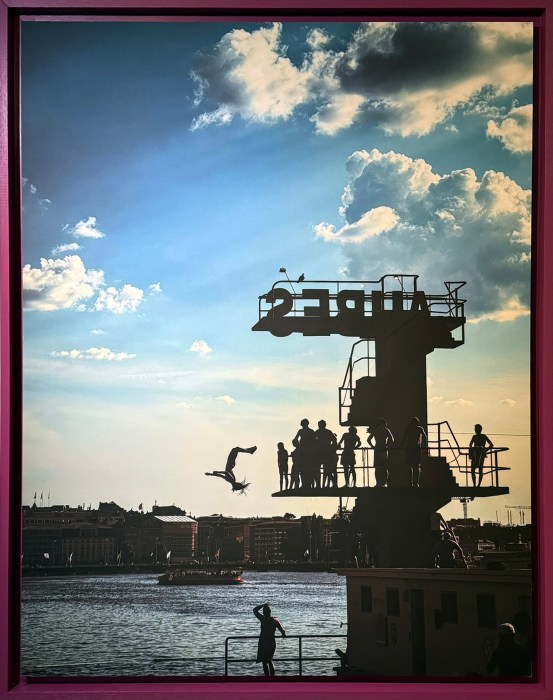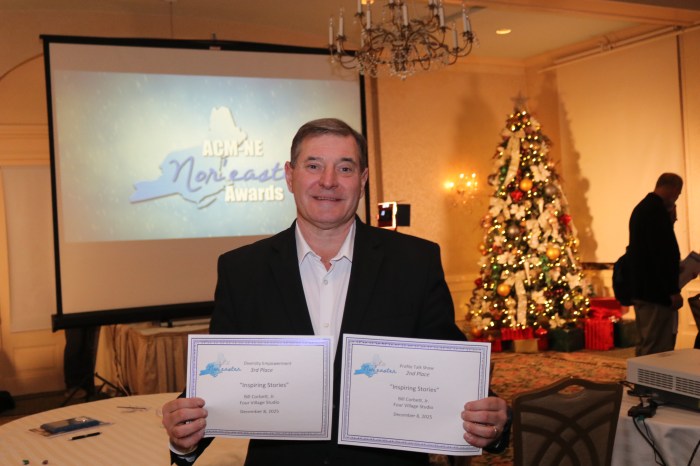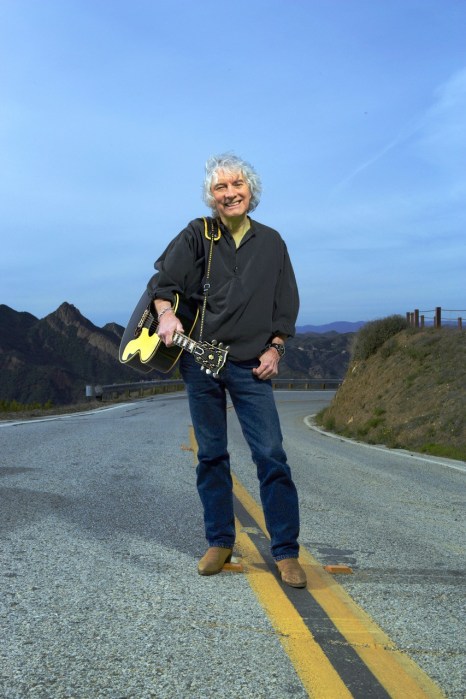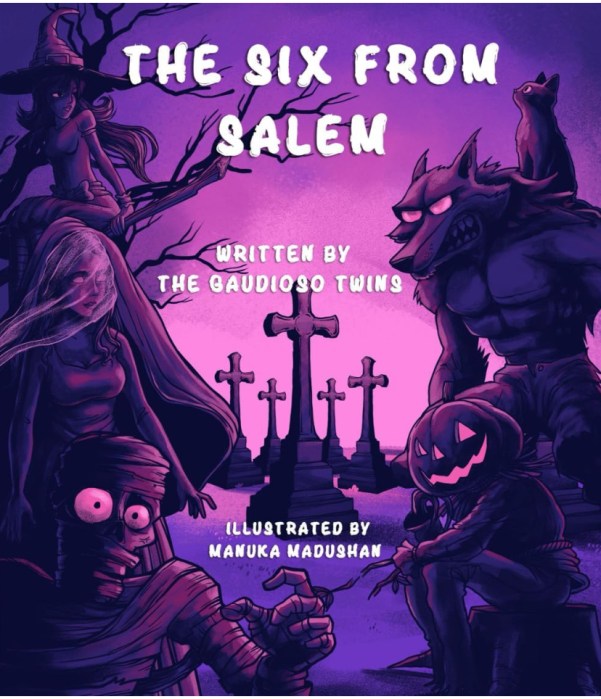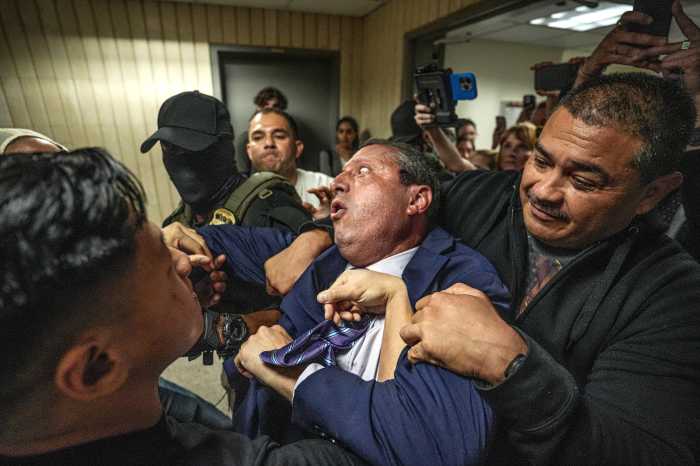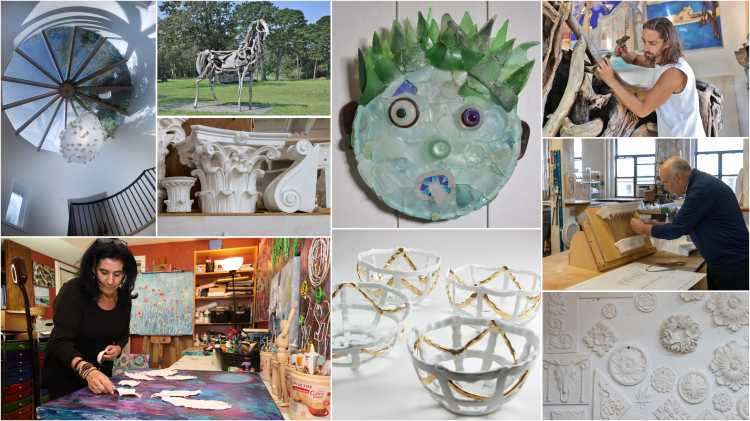
Dear Erich, a jazz opera telling the story of tragedy, love and redemption in wartime Germany and Chicago, which will premiere on Wednesday, Jan. 9, at the National Yiddish Theatre Folksbiene at the Museum of Jewish Heritage in partnership with the New York City Opera, has a surprising connection to Great Neck.
Writer and composer Ted Rosenthal, along with New York City Opera General Director Michael Capasso, Chairman of the Board Roy Niederhoffer, Marketing Assistant Giovanni “Gio” Xu and intern Alex Schecter are all alumni of Great Neck South.
The jazz opera was inspired by the recent discovery of more than 200 letters written in Germany between 1938 and 1941 by Rosenthal’s grandmother, Herta, to his father, Erich, a Jewish scholar who escaped to the United States shortly before Kristallnacht. Dear Erich tells the heartbreaking story of a family’s dual fates—a son’s new life in America and the demise of his family at the hands of the Nazis.

A refugee story for our times, Dear Erich addresses walls and wars, refugees and immigrants, survivors and victims, and the promise of a new world. The work stands for the power of remembrance, not just to honor the past but also to root us in the present and chart our future.
“The moving jazz opera centers around letters sent by Ted Rosenthal’s grandmother while in Nazi Germany to his father who escaped to the U.S.,” said Xu. “In a broader view, it explores a universal immigrant experience.”

Rosenthal is a leading jazz pianist who tours worldwide and has released 15 CDs including Rhapsody in Gershwin in 2014, which reached number one in jazz album sales on iTunes and Amazon. The Manhattan School of Music grad is on faculty there, teaches at The Juilliard School and is director of jazz at the Riverdale Y.
In May 2015, a small Jewish religious school in his grandmother’s hometown of Bad Camberg, Germany, which had been abandoned and dilapidated since WWII, was restored as a town project overseen by the historical society. The town invited descendants of the Jewish community to take part in the ceremonial reopening of the school as a historic site.

“Shortly before leaving for Germany, I went to the attic in my house where I had stored a box of letters written in Germany, (mostly) by my grandmother, Herta, to my father Erich, in Chicago,” explained Rosenthal. “These letters, in German, were also stored in the attic of the house I grew up in. I kept the box after my father passed away, but never investigated its contents. My father said next to nothing about his wartime experiences and the family that he lost, and never discussed the letters.”
During his visit to Germany, Rosenthal discussed the letters with Dr. Peter Schmidt, one of the leaders of the school renovation, who said he’d be happy to translate.
“I scanned and emailed six to him—the final six—the last being written in November 1941,” said Rosenthal. “In August 2015, I received an email from Dr. Schmidt with the translations. Just a few lines into reading the first letter, the tears started to flow. A whole world began to open up, a world of family, family friends, people and places that were a fundamental part of my father’s growing up. But my father never discussed the people, events or the letters—no doubt because it was too painful.”
Rosenthal told Schmidt there were more letters and asked him if he’d be willing to translate. He agreed, perhaps not knowing there were more than 200.
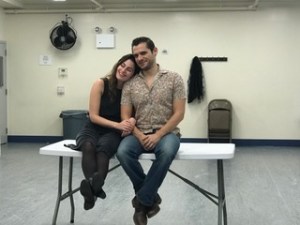
“My grandmother’s letters, even with her understated language (being read by censors), wry sense of humor and not wanting to alarm my father, captured so much and filled in so many holes in family history I knew almost nothing about,” said Rosenthal. “These revelations, and the events that surrounded them, were the inspiration for my setting out to compose my jazz opera, Dear Erich.”
For the musician, one of the most intense parts of the process was putting music to his grandmother’s letters.
“The words put to music magnify the emotion; hearing them sung by the wonderful artists associated with New York City Opera has been incredibly moving,” explained Rosenthal. “And to experience the singers being moved by the music and the subject matter is doubly gratifying. The act of remembrance is both emotionally intense and healing.”
Purchase tickets to a performance at the Museum of Jewish Heritage, 36 Battery Place in Manhattan, at www.nytf.org or 646-981-1888.








